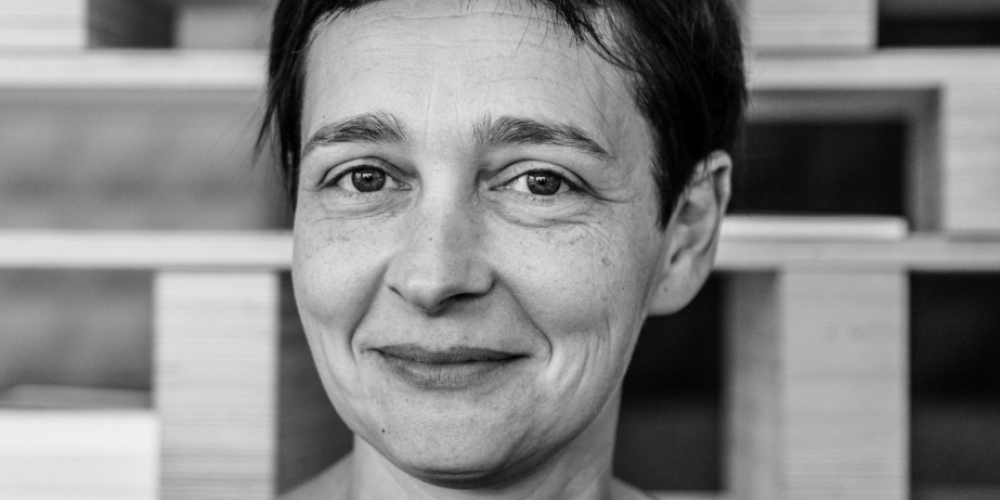
The anti-corona measures have sharply curtailed the leisure activities we can engage in in our free time, and it may prove challenging to come up with ideas for alternatives. Some of us will also feel tempted to bury themselves in work. Don’t do it, says Jessy Siongers.
Jessy Siongers is a senior VUB researcher affiliated with both the Knowledge Centre Culture and Media Participation, and the Youth Research Platform. She specialises in leisure activities, cultural participation and citizenship attitudes among the general public and among youths in particular. Siongers says it’s more important than ever to be intentional with your free time. Below are some of her tips to approach leisure during these corona times.
Jessy Siongers’ tips
1. Make time for leisure time.
Many activities are no longer possible due to the lockdown measures, which have also wiped many social commitments from our calendars. It might prove tempting to use this freed-up time to submerge yourself in work. Don’t – it’s critical to keep making time for leisure.
2. Create social proximity.
For a sociologist like myself, the term “social distancing” has an entirely different meaning. What we should actually be saying is: maintain physical distance at all times, but keep in touch with others. It’s absolutely vital to maintain social contact.
3. Embrace traditional forms of communication to keep in touch.
Call up loved ones, mail them letters and cards, and send photos by post. The digital divide is real and affects a large group of elderly people who aren’t active on social media. Writing letters to grandparents can also be a fun activity for children.
4. Engage in volunteering and encourage the young people around you to do the same.
There’s this idea that youths aren’t socially committed, but we haven’t found any evidence of this in our research. Youths do appear to get involved for shorter periods of time. The current situation thus offers the perfect opportunity for them to take action. For instance, by offering online homework assistance to children in primary or secondary school, or by making sure elderly people don’t become isolated as telephone “buddies”.
5. Help children and teens find new leisure activities and also give them a voice in this process.
You can use their existing interests as a starting point. UiTinVlaanderen.be (in Dutch) has an extensive overview of possible activities and is a great resource should you need some inspiration.
How well have you heeded your own advice?
“I’ve noticed that I also need to be mindful not to bury myself in work. I start working much earlier in the day and also finish later, so this is something to pay attention to. We have two teenagers in our household and we’ve tried to find new leisure activities for them. This has resulted in wonderful discoveries like “Tussen Kunst & Quarantaine” (Between Art & Quarantine) – an Instagram account that invites users to recreate existing works of art from their homes, which has led to hilarious scenes. We live in the Hageland region and we’ve also started to explore our neighbourhood more since the lockdown, which has allowed us to discover some beautiful trails.”
-
Join the VUB research
The research group TOR at Vrije Universiteit Brussel and the research bureau hbits are investigating the social consequences of the coronavirus crisis. Take part in the research and tell us how your daily life has changed via www.everydaylife.eu (and spread this message among friends and family via social media).